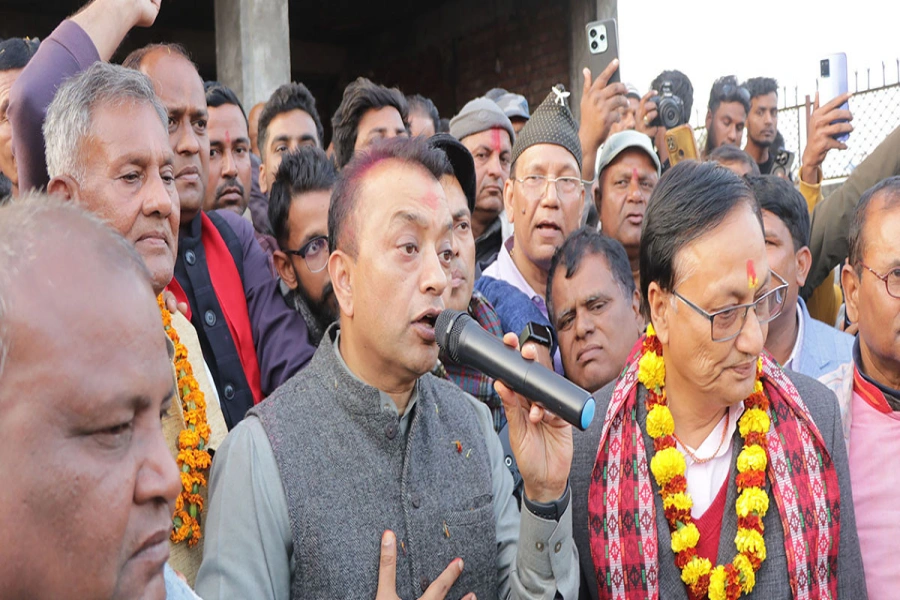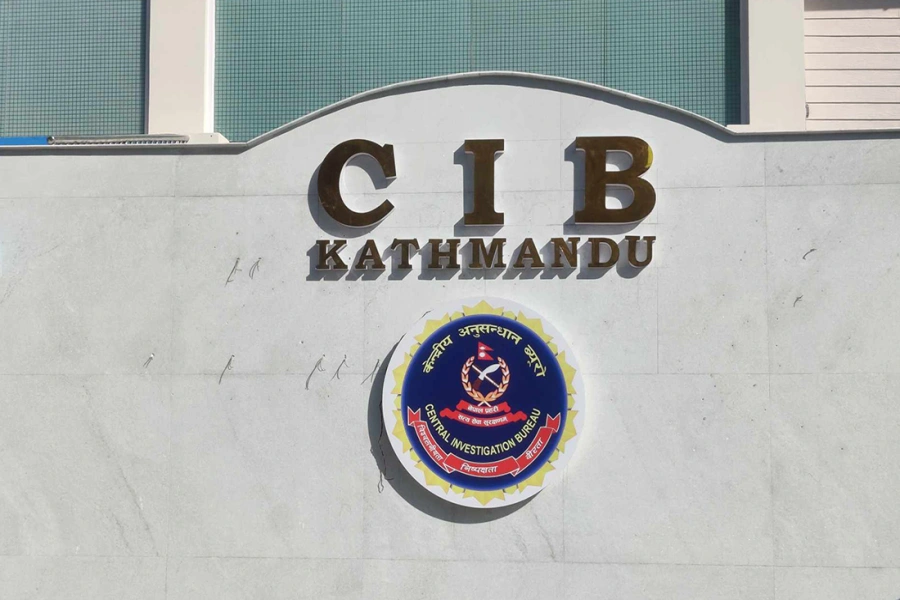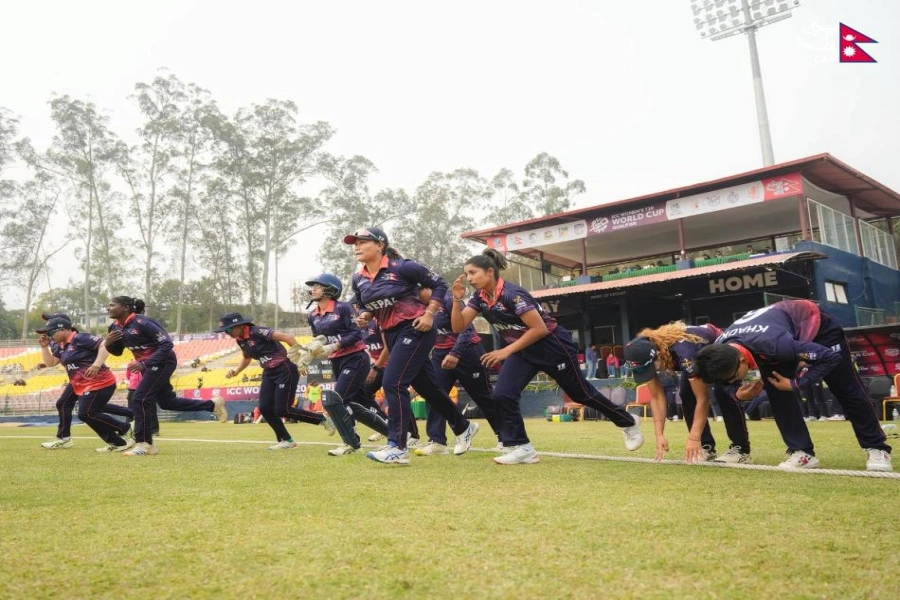KATHMANDU, April 8: Industries that produce egg cartons and plastic goods in Nepal are facing a shortage of raw materials as scrap items are being illegally exported to India.
Punit Shah, the operator of Paschimanchal Egg Carat and Food Industry in Baijanath Rural Municipality-1, Banke, said industries are collapsing due to a lack of raw materials. Traders not under the tax system collect scrap materials like used books, iron, tin, plastic, and glass, and smuggle them to India.
“When the required raw materials are smuggled to India, we can’t operate our factory. Even though scrap is being exported illegally, regulatory bodies have shown no concern,” Shah said, “Without enough raw materials, the factory can’t run properly, and workers are losing jobs.”
Scrap materials have a customs duty of Rs 5 to Rs 10 per kilogram. But due to daily illegal export to India and government bodies shifting responsibility, Nepalese industries are facing the consequences.
“My industry needs 120 tons of raw materials per month, but I get only half of that. If scrap wasn’t smuggled to India, we would have enough materials,” Shah added, “Government agencies are ignoring the issue.”
Sugar industries in Nawalparasi face shortage of sugarcane

Industries that pay taxes and provide jobs in districts like Banke are now on the verge of shutting down because they can’t buy the scrap they need. While iron scrap is still bought within Nepal, other materials like used paper, plastic, batteries, and aluminum are being smuggled to India.
Although there is a Rs 10 per kg customs charge on scrap exports, traders are avoiding customs and sending the scrap illegally. Indian buyers offer slightly higher prices, encouraging Nepali traders to smuggle the scrap using bicycles.
As most of the scrap is smuggled out, Nepali industries are forced to import it back at double the cost. More than 100 factories from Bhairahawa to Dhangadhi rely on scrap as raw material.
There are about 20 scrap traders in Banke. Some of them collect scrap from other districts and store it before sending it to India, said Mohammad Umar Halwai, president of the Scrap Traders’ Association, Banke.
“Ambey Steel here buys iron scrap at the same price as Indian traders, so it’s not exported. But used paper and plastic are sold to India as they fetch better prices,” Halwai said, “Not all traders smuggle scrap themselves, some Indian buyers make deals directly with collectors here.”
Hari Prasad Neupane, who runs Amuwa Plastic Industries in Sainamaina-4, Rupandehi, said his plastic pellet factory needs seven tons of scrap daily but gets only one ton now.
“We relied on the western region for supply, but since October, scrap flow has dropped. Some months, we barely get one truck,” he said, “We’re not saying only we should get the scrap, but if it’s being exported, it must go legally with customs duty. Open smuggling must stop.”
Banke, which shares a 65-kilometer open border with India, is losing customs revenue due to scrap smuggling. Industries across districts including Banke are collapsing due to raw material shortages. Checkpoints like Khadicha, Hiramaniya Kalabanjar, Jamunah, Jayaspur, Pachpokhara, Saigaun, Badhaiya, and Sainik are key points for smuggling. Armed Police Force is deployed in these areas to control smuggling.
Superintendent Shobhakant Khanal of APF Bageshwari Battalion (No. 30) said the force is actively trying to prevent illegal export of scrap. He said that although large checkpoints are guarded, smuggling still happens through smaller, rural points, and efforts are ongoing to control it.
Janardan Paudel, Chief of Nepalgunj Customs Office, said preventing illegal scrap export has become a challenge. He said confiscated scrap from major checkpoints is auctioned. “If we go all in on stopping illegal scrap export, the customs office will turn into a scrap yard,” he said, “The scrap we seize must be bought by Nepali industries; otherwise, it piles up and ends up being bought again by Indian traders.”
He added that customs staff have been instructed to control scrap smuggling, considering the concerns of Nepali industrialists.

































